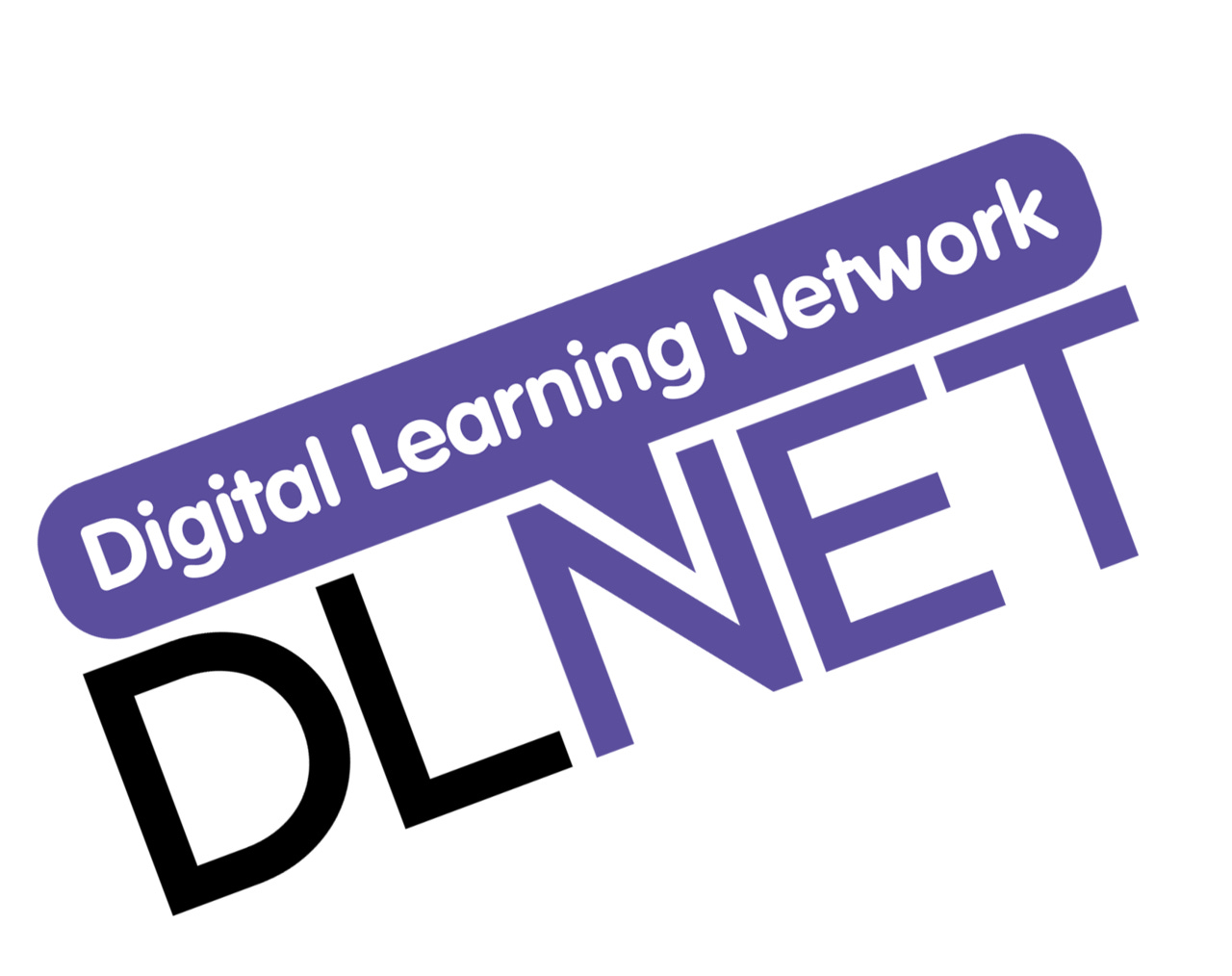
Digital Learning Network
The Digital Learning Network is an informal network of people who share a common interest in how digital technologies can help people who work in the culture and heritage sectors to better engage with audiences.
By registering you agree to Substack's Terms of Service, our Privacy Policy, and our Information Collection Notice